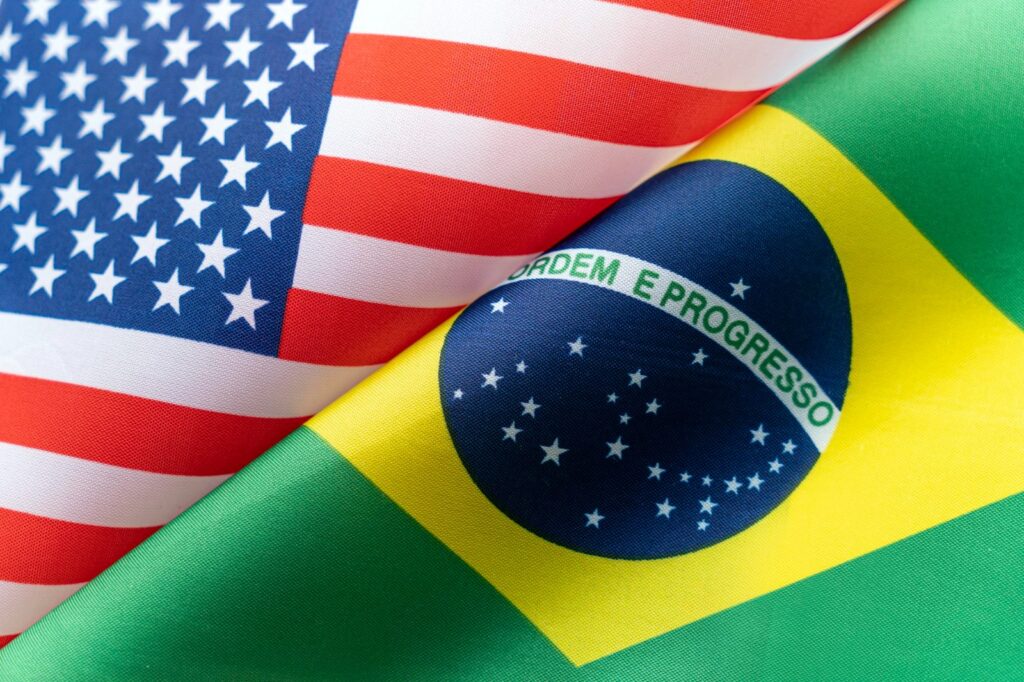Brazil, the largest economy in South America, presents a wealth of opportunities for U.S. companies looking to expand their operations. However, the road to successful business engagement in Brazil is often fraught with challenges. Understanding these hurdles is crucial for any organization aiming to thrive in this vibrant market. Here, we explore some of the key challenges U.S. companies face when entering the Brazilian business landscape.
1. Complex Regulatory Environment
One of the most significant challenges is Brazil’s complex regulatory framework. The country has a multitude of laws and regulations that can be daunting for foreign businesses. From tax regulations to labor laws, navigating the bureaucratic landscape can be time-consuming and confusing. U.S. companies must invest time in understanding local regulations and may benefit from consulting local legal experts to ensure compliance.
2. Cultural Differences
Cultural nuances can significantly impact business interactions in Brazil. The Brazilian business culture values personal relationships and face-to-face communication. Building trust and rapport is often seen as just as important as the formalities of business agreements. U.S. companies may need to adjust their negotiation styles and invest in relationship-building to achieve success.
3. Economic Volatility
Brazil’s economy has faced significant fluctuations, influenced by political instability, inflation, and changing commodity prices. This economic volatility can pose risks for U.S. companies, especially those looking for long-term investments. It is essential to conduct thorough market research and develop a flexible business strategy that can adapt to economic changes.
4. Infrastructure Challenges
While Brazil has made strides in developing its infrastructure, challenges remain, particularly in transportation and logistics. Poor road conditions, congestion, and inefficient ports can affect supply chains and delivery times. U.S. companies need to carefully plan their logistics and may need to invest in alternative transportation solutions.
5. Taxation and Costs
Brazil’s tax system is known for its complexity and high rates. The country has one of the highest tax burdens in the world, which can significantly impact profit margins. U.S. companies should engage tax professionals to navigate this landscape and explore potential incentives for foreign investments.
6. Language Barriers
Portuguese is the official language of Brazil, and while English is spoken in business circles, it is not universally understood. Language barriers can lead to miscommunications and misunderstandings. U.S. companies may need to invest in translation services or hire bilingual staff to facilitate smoother communication.
7. Competition and Market Saturation
Brazil is home to a diverse array of domestic and international competitors. U.S. companies may find that their products or services face stiff competition from well-established local brands. Conducting a thorough competitive analysis and identifying unique selling propositions can help in carving out a niche in this crowded market.
Conclusion
While the challenges of doing business in Brazil are significant, they are not insurmountable. With careful planning, local partnerships, and a willingness to adapt, U.S. companies can tap into Brazil’s rich market potential.
At Directive International Consultants, we specialize in providing comprehensive tax consulting services tailored to facilitate international trade between the United States and Brazil. Our goal is to empower businesses engaged in cross-border operations by addressing the legal, regulatory, and tax aspects of their activities. We help U.S. and Brazilian companies of all sizes navigate the complexities of international trade, ensuring compliance with the highest standards and regulations.
If you’re a U.S. company looking to do business in Brazil, we can help simplify the process and foster smooth, compliant operations. Contact us today to learn more about how we can support your international trade endeavors!

